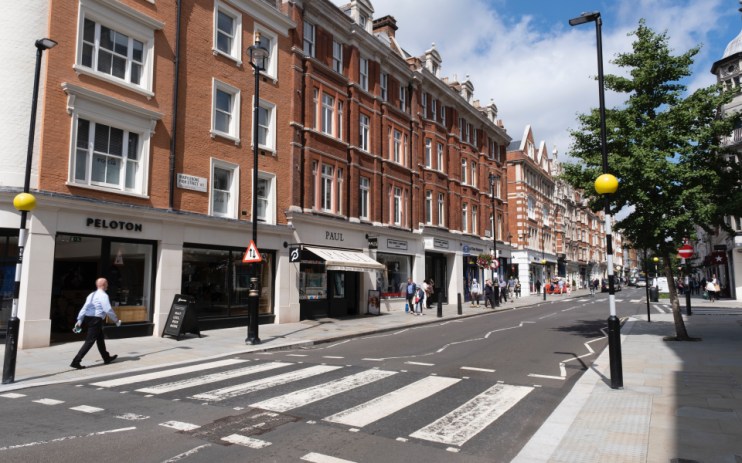Global travel and weak pound fuels London prime property recovery amid fears of Labour stamp duty plans

The return to global travel and the weak pound helped the fuel recovery of London’s prime property market in the first third of 2023.
Data by estate agents Knight Frank, shows that sales on luxury pads above the five million pound price point are up 40 per cent compared to the same period last year as a relatively weaker pound has allowed international investors to secure better deals.
They said buyer demand was up 35 per cent above the five year average in the first four months of the year.
However, transactions on properties below the two million pound mark experienced a three per cent decline.
While buyers sourcing middle market and affordable homes in the capital are facing a lack of supply, the upmarket sector has reported an uptick in supply with the number of sales instructions 16 per cent higher this year pushing the number of exchanges up by 8 per cent.
“Higher levels of cash sales, housing equity and affluence mean that buyers and sellers inside zone 1 have been more immune from the volatility in mortgage rates that followed the mini-Budget,” Tom Bill, head of UK residential research at Knight Frank, said.
While most house prices across the capital continue to rise, average prices in prime London, such as Marylebone remain broadly flat, falling 0.1 per cent in the year to May – attracting overseas buyers, which account for five per cent of London’s property ownership.
Concerns on the horizon?
There was however concern over plans by Keir Starmer to make it more expensive and less attractive, for non-Brits to buy-up prime London property.
“Proposals being floated by the Labour Party include higher stamp duty for overseas buyers and limits on international sales for new UK developments,” Bill said.
He added: “Overseas home ownership is less than 1 per cent across the UK and in varying degrees of single-digits across London, according to the Centre For London think tank. Will higher stamp duty for international buyers reduce house price inflation across the capital? With an election around the corner, the answer doesn’t really matter.
“We are not at the stage yet when politics is more of a concern than what is happening in the economy or lending market, but it will happen at some point over the next 12-18 months.”
Labour has been approached for comment.